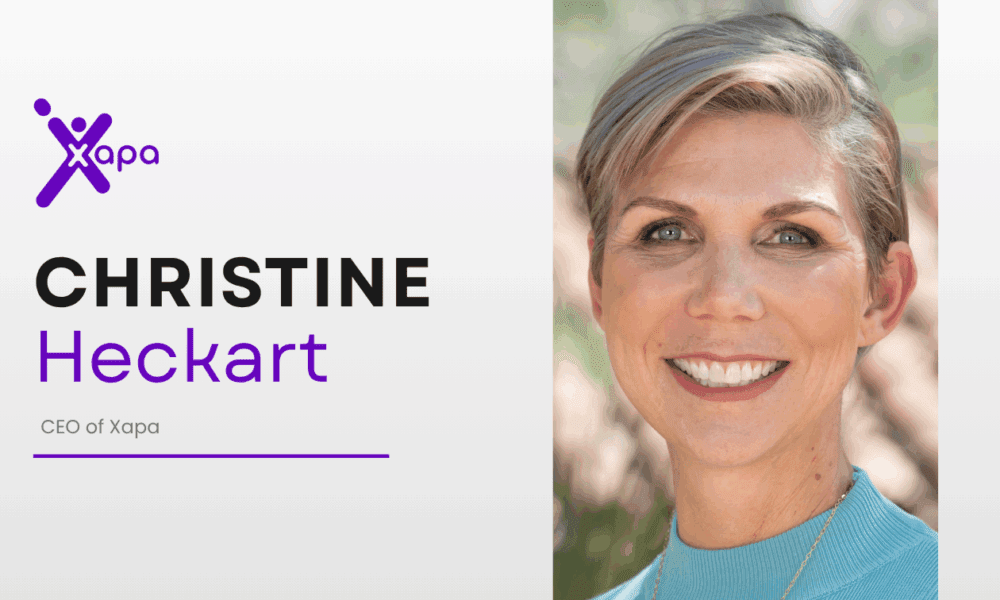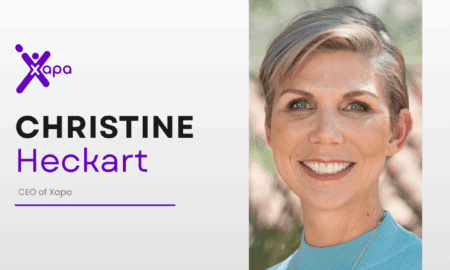By integrating cutting-edge cloud-native architecture, Mahitha Adapa presents a transformative approach to healthcare infrastructure in her latest research. With expertise in healthcare IT, she explores how Kubernetes-based platform scaling is reshaping patient care, operational efficiency, and compliance in the industry.
Addressing the Challenges of Healthcare Infrastructure
Healthcare systems globally face an overwhelming surge in data from electronic health records (EHRs), telemedicine, wearable devices, and real-time patient monitoring. Traditional IT infrastructures, often rigid and outdated, struggle to process, store, and analyze this massive influx effectively. This results in operational inefficiencies, increased compliance risks, data security concerns, and delays in critical patient care decisions. The growing complexity of healthcare data necessitates scalable, cloud-based, and AI-driven solutions to enhance efficiency, ensure regulatory compliance, and improve overall patient outcomes in a rapidly evolving digital landscape.
The Role of Kubernetes in Healthcare IT
Kubernetes has revolutionized healthcare applications by streamlining the orchestration of containerized workloads, ensuring agility, scalability, and reliability. By shifting from traditional static infrastructure to dynamic resource management, Kubernetes optimizes resource utilization, reduces downtime, and enhances system resilience. Its built-in security features safeguard sensitive patient data while maintaining compliance with regulatory standards like HIPAA. Healthcare providers benefit from improved performance, faster response times, and seamless scaling, allowing them to efficiently manage complex computing needs and deliver uninterrupted, high-quality patient care.
Innovations in Dynamic Scaling Mechanisms
This research introduces predictive scaling mechanisms to optimize healthcare resource allocation. Unlike reactive methods, it uses time-series analysis and machine learning to anticipate workload shifts. By scaling dynamically, it ensures high performance during peak demand while reducing costs in low-usage periods. This approach enhances service reliability, minimizes latency, and optimizes infrastructure efficiency.
HIPAA Compliance: A Built-In Security Framework
Ensuring compliance with regulations such as HIPAA is a major challenge in healthcare IT. The research introduces a security-first approach by embedding compliance measures directly into the system architecture. This includes end-to-end encryption, automated audit logging, and real-time monitoring of Protected Health Information (PHI) access patterns. By integrating compliance as a core feature rather than an afterthought, this approach strengthens data security while maintaining system flexibility.
Real-Time Monitoring and Observability
Effective monitoring is crucial for maintaining the stability of healthcare systems. The research outlines an advanced observability framework using Prometheus and Grafana, enabling real-time tracking of system performance and resource utilization. Custom-designed dashboards provide healthcare administrators with actionable insights, ensuring that anomalies are detected and resolved proactively.
Cost Efficiency and Resource Optimization
A significant highlight of this study is the drastic reduction in operational costs achieved through intelligent workload distribution. By implementing automated resource allocation strategies, the system optimizes CPU and memory usage, leading to a 40% decrease in overall infrastructure costs. This not only enhances efficiency but also ensures that financial resources are allocated where they are needed most—patient care.
Advancing Fraud Detection with AI
Fraudulent claims continue to be a major challenge in the healthcare sector. The research explores AI-powered fraud detection mechanisms that analyze claims data in real-time, identifying patterns indicative of fraudulent activity. These predictive analytics capabilities help healthcare providers prevent fraudulent transactions before they occur, safeguarding financial and patient data integrity.
The Future of Healthcare IT: Towards a Fully Automated Ecosystem
The innovations presented in this study set the stage for a future where healthcare IT systems operate with minimal human intervention. From AI-driven claims adjudication to real-time patient monitoring, the integration of Kubernetes and machine learning is paving the way for a more efficient, scalable, and secure healthcare ecosystem.
In conclusion, Mahitha Adapa’s research serves as a foundational framework for future advancements in healthcare IT. By embracing these transformative technologies, healthcare organizations can achieve greater efficiency, cost savings, and enhanced patient care outcomes, ensuring a more resilient and adaptive healthcare ecosystem in the face of evolving demands and challenges.

































